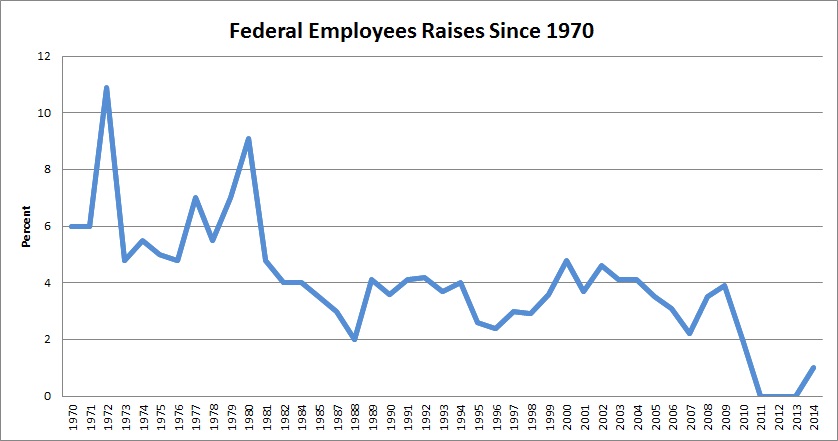Mulligan
Give me a museum and I'll fill it. (Picasso) Give me a forum ...
- Joined
- May 3, 2009
- Messages
- 9,343
Would it? They are simply getting the benefit they qualified for based on their salary and years of service prior to retirement. True, a double-dipper and the employer are no longer putting in their contribution and match, but unless the double-dipper's benefit is being revised upward based on their post-retirement earnings or additional service time while not contributing to the retirement fund, I don't immediately see how this would starve the system. Isn't the retirement system sending the same check to Retiree Smith whether Smith returns to work for the same employer, gets a job elsewhere or doesn't work at all?
If a retiree's benefits are being revised upward based on earnings/service time while not contributing, then I agree—it's an obvious source of underfunding that needs to be eliminated, just as spiking and other abuses need to go.
Yes, you are correct Kyoung. I was thinking specifically with my system which is 85% funded so it could use the cash flow to invest in. And yes, despite all actuarial evidence contrary to my paranoid thinking.... I can't help but think there isn't a bit of a Ponzi scheme in these systems, so the more cash in the till, the less likely I will be the one caught holding the bag. Especially if the 50 something's working part time not contributing, were replaced with the 20 something's contributing who can't draw until I am possibly dead already!


